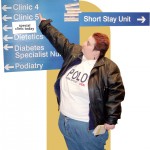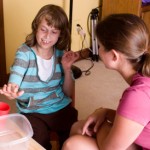
A number of studies have suggested that prevalence rates of mental ill-health in people with learning disabilities is higher than in the general population, although issues of definition have made it difficult to make clear comparisons. The authors of this review set out to identify trends and developments in the study of psychopathology in people [read the full story…]







